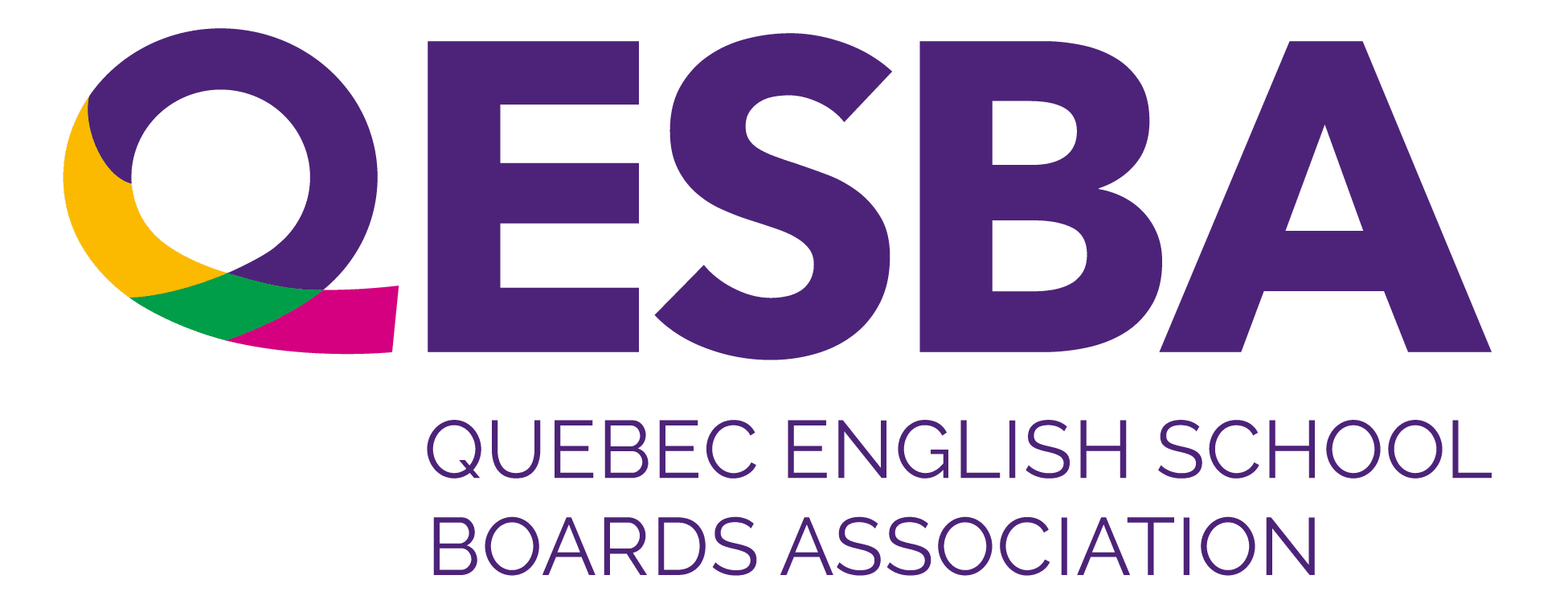Montreal, September 24, 2018 – The Quebec English School Boards Association (QESBA) represents the nine English‑language school boards and some 100,000 students in 340 schools and centres across Québec. Elected commissioners govern our school boards, which are the only remaining elected bodies exclusively serving the English-speaking community. A number of issues raised during this election campaign go to the heart of the vitality of our school system and our community.
Québec’s public elementary and high schools, and adult and vocational centres are controlled and managed by school boards – the level of government, elected by the public, that is closest to the communities they serve. Furthermore, our community collectively fought and won the withdrawal of Bill 86 that called for the abolition of elected school boards in 2016. The following questions have been sent to all parties seeking election on October 1.
1. Education budget
While there has been some reinvestment in the primary and secondary education sector in past years, the needs remain significant. If we are to improve success rates and deliver a first-rate education to Québec students, continued investment is essential.
1.1 Will you commit to increasing the budget of the primary and secondary school network beyond the rate of inflation for each of the years in the next mandate?
2. Educational Infrastructure
Many of our facilities are in desperate need of renovations and upgrades.
2.1 Will you commit to investing in primary and secondary educational facilities and if so at what level?
3. Existing initiatives
The current government has re-invested slightly in public education following years of successive budget cuts. There have also been many newly introduced initiatives by the government that school boards have begun investing in, for example: the Educational Success Plan, and many new budget measures that have already been adopted by school boards.
3.1 It has been customary in the past to abolish certain initiatives introduced and/or put into place by the previous government. Many initiatives in the education sector already have major investments earmarked and written in the budget rules. If your party is elected, will you respect the current Educational Success Plan and the investments surrounding that plan?
4. The Future of School Boards
The Coalition Avenir Québec (CAQ) is proposing, once again, to abolish elected school boards and replace them with regional service centres. The QESBA’s position is that our school boards are protected by the Constitutional right of the English-speaking community in Québec to control and manage our schools.
4.1 Do you recognize that our school boards are protected by the Constitutional right of the English-speaking community in Québec to control and manage our schools?
4.2 What is your party’s position on school boards with commissioners elected by universal suffrage of registered eligible voters?
4.3 If elected school boards are to be abolished, what would replace them? How would the new entities be funded and who would staff them? In addition to parents and staff, how would the new system represent the broader community?
4.4 Would the replacement organizations be less costly than current school boards considering that in the English sector the average administrative costs of school boards represent roughly only 4% of their total budgets?
5. School Board Elections
QESBA has been very vocal on the need to examine the electoral process and the financial resources necessary for school board elections. In order to hold successful school board elections many issues need to be addressed including the English electoral lists. Furthermore, with our vast territories, specifically in the regions, it’s time for the government of Québec to offer either alternate voting methods or twin school board elections with municipal elections as the common practice in the rest of Canada. School boards must also be adequately funded to organize and promote school board elections. Since school board elections are scheduled to be held on November 1, 2020:
5.1 Will you commit to studying the feasibility of twinning school board and municipal elections?
5.2 Will you mandate the DGEQ to examine alternate voting options for school board elections?
5.3 Will you commit to providing school boards with the additional resources to adequately organize and promote school board elections?
6. Demographics and Access
English school enrolment decreased dramatically from the late 1970s through the 1990s. It has recently stabilized at around 100 000 students in 340 schools and centres throughout Québec, some of which are quite small. The extent of the territory our boards cover and the obligation to provide services to many small communities come which particular challenges.
6.1 Will you commit to a level of funding which takes into account the demographic, geographical and administrative realities of school boards serving small school in the regions?
The Charter of the French Language provides for some flexibility for access to English education based on humanitarian grounds. Some examples are when a student who has been studying in English elsewhere or is in Québec on a temporary basis and is entering into secondary V. Others relate to learning disabilities or similar situations.
6.2 Would you be willing, within existing legislation, to widen the current interpretation of the rules concerning access to English education?
7. Neutrality of the State
The QESBA sees little evidence of a clash between religious and cultural values in our society and what are commonly referred to as “Québec values”. Furthermore the QESBA believes that our Constitutional right to control and manage our schools extends to managing religious neutrality in our network.
7.1 Do you recognize the right of English school boards to manage religious neutrality in our schools for our staff and our students?
QESBA is the voice of English public education in Québec and represents 100,000 students in 340 elementary, high schools, and adult and vocational centres across Québec.

